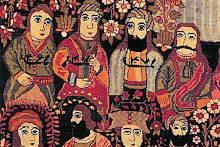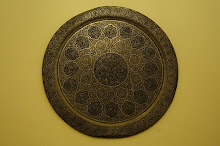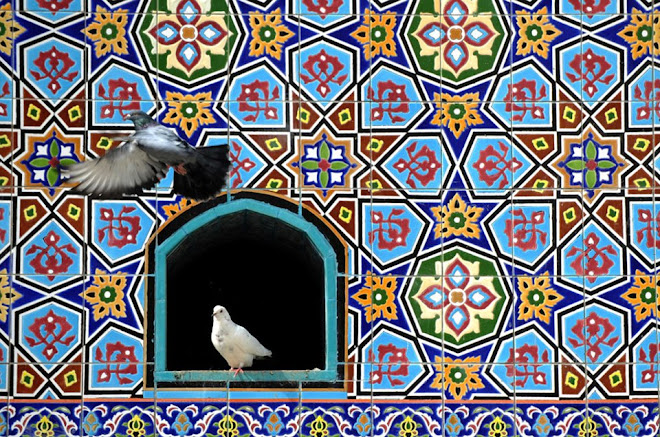
Overshadowed by the heavily trafficked tourist sites of Petra and Wadi Rum, is one of Jordan’s least known treasures. Ninety kilometers south of the capital Amman, off a main highway is Wadi Mujib – a massive riverine gash in the mountains running in an east-west direction to the Dead Sea.
Comprising numerous tributaries and located within the Mujib Nature Reserve, Wadi Mujib begins inland at around 900 metres and drops to more than 400 metres below sea level to reach the Dead Sea. The main wadi is fed by several seasonal and permanent streams and is a major source of H2O replenishing the ever-receding shores of the world’s lowest body of water.

Like its iconic cousins to the south, Wadi Rum and Petra, The Mujib Nature Reserve is breathtakingly beautiful, and exudes the same Biblical profundity and rock-hewn drama as the other sites. But there is an added feature here that the other venues lack: water and few people.
The area’s stark disposition (marked by canyons as narrow and as steep as the famous rock cleft that leads to the Treasury at Petra) is brilliantly juxtaposed by the life-giving rivers that run through it, creating an impression of a kind of secret paradise flowing with milk and honey. It is a safe-haven resonating with an almost sacred quality.

But it's not so much the wadi itself that is Mujib's real worth. Instead, it is what’s contained within it. The area’s relative remoteness and inaccessibility to humans has allowed a large biodiversity to thrive here – including both rare and endangered animals.
Mujib is an important home and way station for around 200 species of birds, many of them migratory. They include birds with such colorful names as the Black Stork, the Honey Buzzard, the Levant Sparrow Hawk, the Short-Toed Eagle and the Barbary Falcon.
Three hundred different species of plants grace the wadi’s walls and floors. Walking through the shallow, clear waters of its streams, one is surprised to find small schools of fish and even frogs.
And although they are not easily seen, Mujib is also home to jackals, wolves, mongoose, hyenas, Nubian ibex, and caracals (a medium sized cat with black and white ear tufts that can catch birds in mid-air). The animals’ continued survival here is owed, in part, to the special care given to the site.
The 212 square kilometer Mujib Nature Reserve was created in 1987 by Jordan’s Royal Society for the Conservation of Nature (RSCN). There are three main trails for hiking and canyoning and no more than 25 people are allowed on each trail per day. The dry trails are open year round. The wet ones, where you can sometimes wade up to your chest in fast-moving torrents of water, are open between 1 April and 31 October.


(These photos were taken on the Malaqi Trail, which follows part of the Mujib and Hidan Rivers).

















